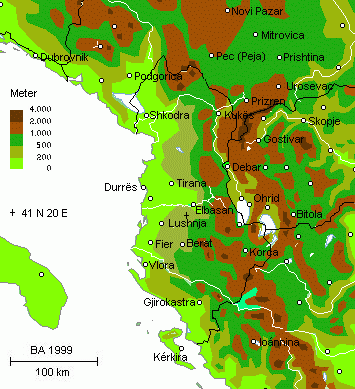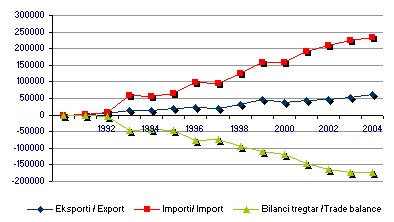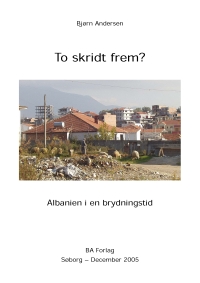Sidste Nyt fra Albanien, Kosóva og Makedonien
The Latest News from Albania, Kosóva and Macedonia
![]()
# 311 - 8' årgang - 11.08.2006
Version 1.2 • [11.08.2006 Rejsevejledning Tyrkiet tilføjet]
PDF for printing •
Info om »Sidste Nyt«
Udgiver:
Bjørn Andersen
Publisher:
Bjoern Andersen

PM Berisha har deltaget i Albanian-American National Organization's 60-Års-arrangement i Tirana. Organisationen har ikke sæde i Albanien, men i USA. Kryeministri Berisha përshëndet ceremoninë me rastin e 60 vjetorit të Organizatës Kombëtare Shqiptaro-Amerikane, Tiranë












